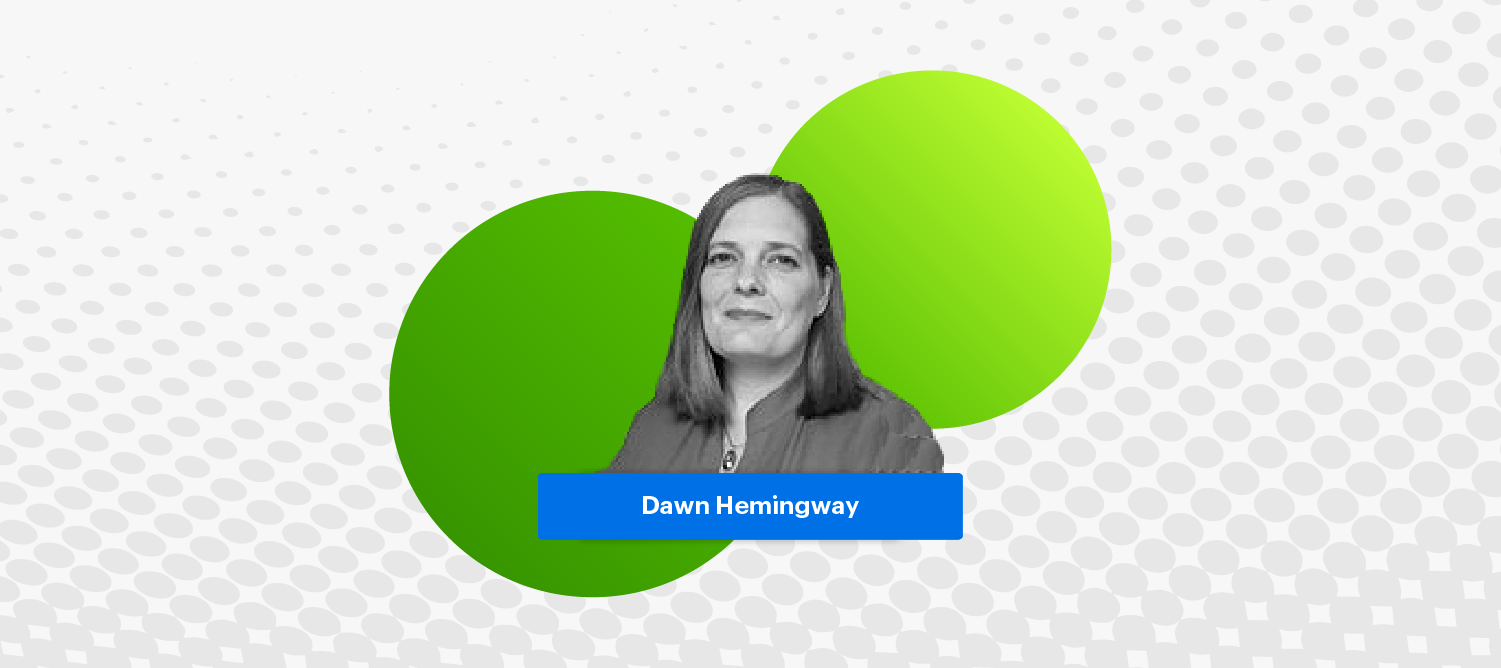Interview with Dawn Hemingway, and Relative Insight’s new charity partner NSPCC

Relative Insight was born out of a 10-year research project between Lancaster University and child protection services, which aimed to keep youngsters safe online against adults posing as children.
The NSPCC are the world leaders in child protection and are a charity that’s always been close to our hearts.
So, without further ado – we’re thrilled to announce that NSPCC is the official charity partner of Relative Insight. Our hope is to provide NSPCC with a unique resource that will help shape new fundraising efforts to protect children, in a time where many charities are under strain.
I caught up with Dawn Hemingway, head of data to tell us about her role at NSPCC, how the changing role of data has affected the charities sector, and more on our charity partnership…

What is your role at NSPCC?
I’m the Head of Data at NSPCC, and my role is predominantly concerned with how to reutilise data to drive fundraising efforts. I’m responsible for the end-to-end of the data spectrum. This is anything from data management to data collection and data storage, along with the governance around data. My team also focuses on reporting, planning data and analytics, as well as digital data and strategy.
A few years ago, I presented a data strategy around how we can best utilise platforms, governance and data literacy as an organisation, and we are now in the process of delivering this three-year strategy which will hopefully transform how we can use data to drive business decisions.
You’ve worked in data for over 20 years, both in an agency and now client-side with NSPCC. What has been the biggest difference you’ve seen working across both sectors?
Speed is probably the biggest difference between a charity and agency or commercial organisation, as for charities things tend to be bit slower to get things moving.
We are mainly funded by people who give us voluntary support, which as a result means that we have to make sure that anything we spend is on the right thing. This therefore means there is, quite rightly a lot of governance that surrounds everything that we do.
I’ve been lucky enough to work with some pretty amazing teams in both sectors. However, at NSPCC, people will go out of their way to do something because ultimately, they know it will have a positive impact for young people.
It’s not just about being committed to the job, it’s about being committed to the cause. There is a single purpose that we all strive for, which galvanises people to bring a different level of commitment to the table.
How has the past year affected how you operate as a charity?
All charities have been impacted by the pandemic, particularly when it comes to fundraising; so many events have been cancelled which has obviously had an impact on our income.
However, the past year has also opened up new ways of working and innovation. Our fundraising team have had to think of new ideas that lend themselves to online participation or that people can do within their bubbles.
In some respects, the pandemic has driven a whole lot more innovative thinking, which in itself will stand the sector in really good stead for the future.
We’ve seen a positive change in ways of working too. We’ve had to be much more agile and shift up a gear to find quick and easy solutions, as we pivot towards this new world while communicating via video calling.
What effect has the role of technology had on NSPCC, charities and the wider landscape?
Over the last five years, technology has fundamentally changed the way we engage with others (both young people and beneficiaries) and how they engage with us, which will continue to evolve as we move forward.
Advancements in technology mean that we now have the ability to connect with a much wider world. Of course, there’s pluses and minuses. The NSPCC has lots of content around the harm that technology can cause, and the priority around keeping children safe online, but technology also provides us with an opportunity.
We can reach a much larger audience in an easier way. We can react to things immediately. That being said, the landscape we are working in has fundamentally changed. Culture has fundamentally changed. And as a charity, we have to adapt to keep up.
What are your predictions for the future of the data and analytics industry?
As people and organisations become more widely data-literate, I think there will be a need for people wanting to be self-sufficient and a real desire for business teams to conduct their own self-serving analytics.
Therefore, I think that the data and analytics function will move into a more advanced space looking towards data science led modelling and approaches to analytics, much more than trend analysis.
Do you have any plans on how you will utilise Relative Insight in your research efforts?
Our approach is to do an initial project to show the organisation what is possible through language comparison and how they can utilise the tool for maximum impact.
For our first project with Relative, we plan to analyse social data and better understand what language in our Facebook communications resonates with audiences and receives that higher engagement. This will then be fed through to our future social strategy, and the language we use on Facebook.
I’m really looking forward to utilising the tool and seeing what we can achieve with Relative. Hopefully, we can use the tool to drive decisions and next steps, and I’m really excited to see exactly how that can help us.
If you’d like to learn more about NSPCC, please visit: https://www.nspcc.org.uk.
For more, read our interview with Naomi Stark from the University of Salford.